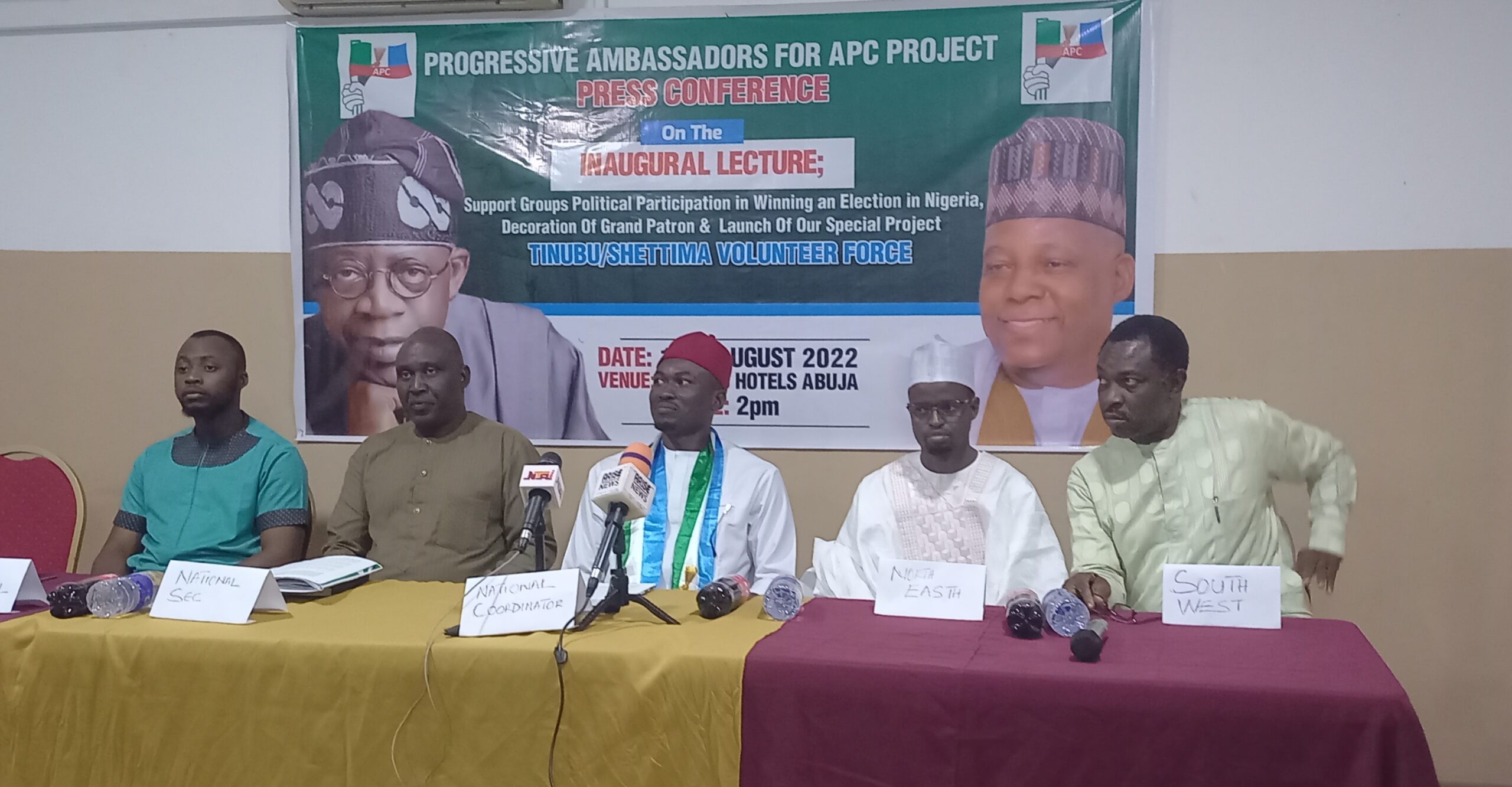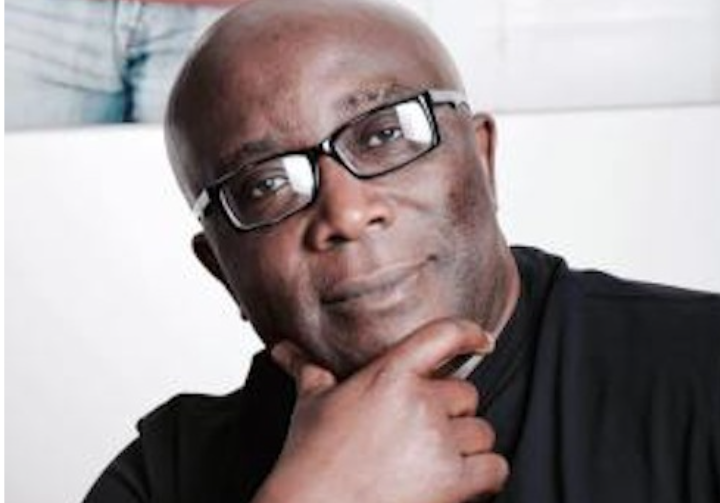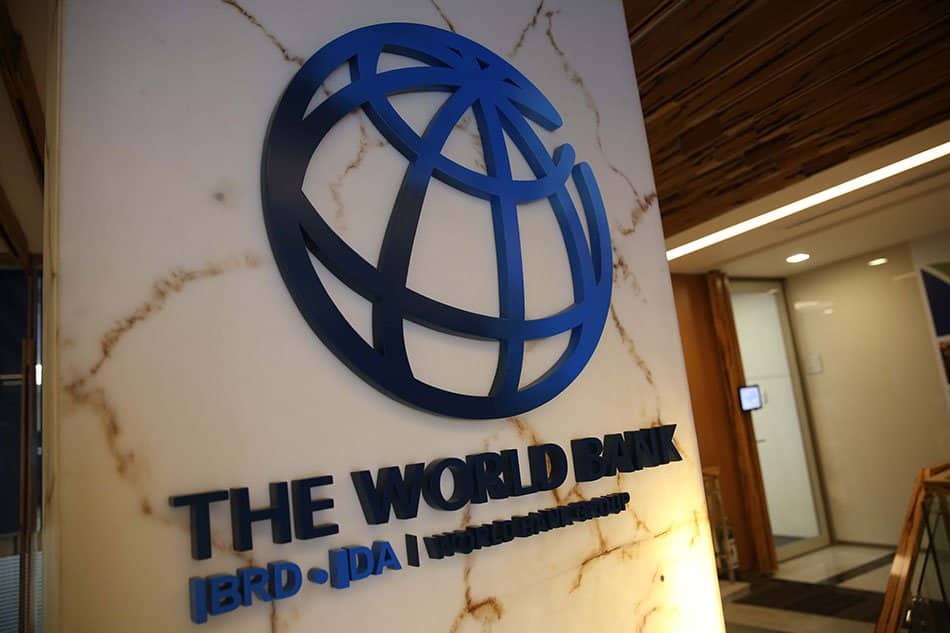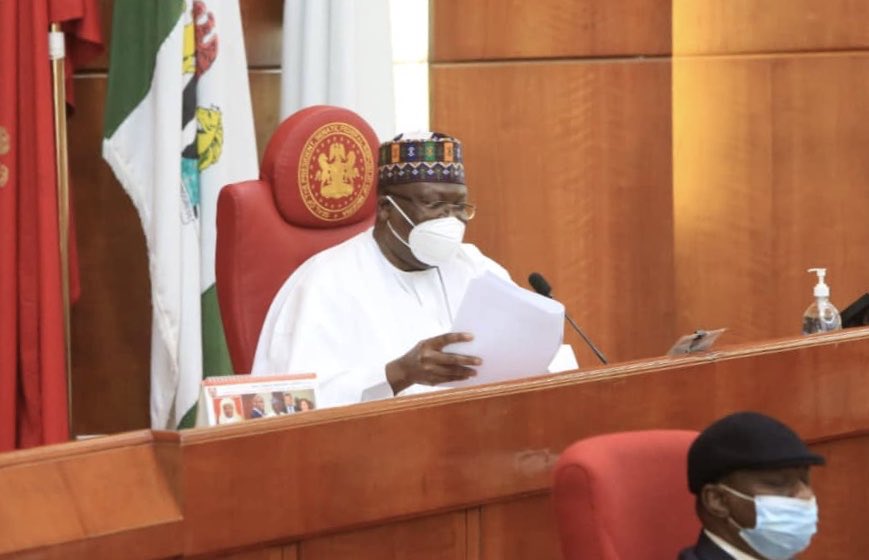Three recent developments are the focus of people with a keen interest in the political affairs of Nigeria at the moment. The first is whether ECOWAS, which means Nigeria, in real terms, will go to war in Niger Republic. The second is the brouhaha over the Naira versus Dollar exchange rate, having severely affected the living standards of a broad spectrum of Nigerians. The third and by no means the least has far reaching implications on the shape, form and character of the Tinubu presidency. This is the next Federal Executive Council with raging questions on whether or not the incoming Ministers are the “messiahs” Nigerians expect. In my view, one packs the most weight of these three significant developments. It is the quality, capacity and effectiveness of these Ministers appointed by the President and Commander-in-Chief. I hold this view since the impact of our cabinet Ministers on policy and their individual momentum is what could directly determine the quality of governance and, by extension, the living standards in our country now and in the near future. Not surprising, the stakes were high and the tension palpable until the President released the list of ministers . From informed commentaries so far, it is evident the list was received with mixed feelings.
There were huge expectations that technocrats, intellectuals, politicians with proven record of performance and highly skilled and talented Nigerians would dominate the cabinet. Some feel this expectation still needs to be fully met, given that the new-mint cabinet is dominated by old political war-horses with a sprinkling of professionals, youths and women.
Although inferentially, the President is expected to choose persons of good character, integrity and capacity for his team of cabinet Ministers, politics is not arithmetic. Political exigencies sometimes trump these qualities in the melting pot of choice of ministerial nominees. The President, as Head of State and leader of his party, must strike a delicate balance between the conflicting intricacies inherent in making such choices. Therefore, it is not uncommon to find tainted persons, political jobbers and hollow men make their way to the cabinet. Politics will always be politics and not necessarily about what is best for the President, the government he leads or the Nigerian people. But that is where base or mundane considerations also end.
We have arrived the business end of things for a government in which citizens have invested so much expectations now that those nominated as Ministers have been screened and cleared by the Senate. With the confirmation, they must now work hard for the country. Regardless of who nominated them or how they were nominated and got cleared by Senate. It does not matter if some had to bow-and-go with the attendant drama. Or making the list by being somebody’s stooge or friend, the most important thing is that they have made it to the cabinet. The point to note is Nigerians have expectations of the new Ministers. The current social and economic crisis occasioned by the agenda of the President to transform the economy and make it viable now and in the future creates a fait accompli scenario for hard work by those in the policy engineering room of the Administration. It remains to be said that in this period of unmitigated uncertainties, the new Ministers hold the key to driving the President’s vision and implementing policies that will lead Nigeria to a better position socially, economically and politically.
Ministers occupy the highest office in the Executive wing of the ruling elite. Ministers, as individuals and as a collective, can significantly influence a country’s economic trajectory and quality of governance. One major success factor of the famed Asian Tigers is the quality of input to policy making and effective implementation of sound fiscal policies resulting in better development outcomes. Singapore’s technocratic model is a ready reference. Their Ministers were at the fore of policy articulation and implementations. The exact opposite is true of most sub-Saharan African countries. In Nigeria, most Ministers in the past could hardly lived up to expectations where they ought to have added more value. They were simply passengers to nowhere. In the end, these category of persons in the Federal cabinet are proof that more than crude loyalty to personalities is required to keep a ministerial position. Nigerians expect no less and demand even more now.
Our new Ministers must dare to be different. This is a new epoch and a time to get it right if Nigeria would achieve socio-economic emancipation. It would be unconscionable for Ministers to expect red- carpet treatment and excessive office perks at this time the country is going through severe economic turbulence. The least we expect is for Ministers to roll up their sleeves from day one and go to work. They should refrain from pursuing an individualistic and narrow interests. They must eschew vision that conflicts with the overarching vision of the President. Instead, as Ministers of the Government of the Federation, they must make out time to engage with the President to internalise and understand his vision for the country and how their respective roles will align to achieve high quality governance, prosperity and citizen satisfaction.
The President also has the responsibility of setting the agenda, giving policy direction, spelling out goals and timelines for the Ministers. Ministers must know that the country’s current mood, which is more pessimistic, gloomy and tense, must be systematically turned around through their actions, policies and altruism. By reason of greater awareness in the polity, the masses will resist any flagrant display of opulence and hedonism by the new Ministers. The average Nigerian is in economic pain and the Ministers must by their own lifestyles provide hope for a better Nigeria.
Nigerians want Ministers who can exhibit innovative thinking and demonstrate the capacity to develop practical, impact-oriented solutions. They desire and deserve Ministers as public servants with creative ideas to overcome the challenges we face as a people. Nigerians yearn for leaders who can unleash transformative action towards development and the new cabinet is expected to deliver no less. Any Minister with the archaic “I have come to chop” mindset will come to the shocking realization that this is the digital age of Nigeria. Youths and other stakeholders are gearing up to hold all officer holders, especially the Ministers, accountable and responsible for their actions in office. These savvy Gen Z advocates, although political neophytes, are armed with the democratisation of social media to advocate for transparency, justice, fairness and the rule of law. They have a strong voice and would make everyone hear them loud and clear. In recent years, they have communicated that they would actively engage in the political process and their expectations must be addressed. Let none take this demographic for granted.
Those on the watchtower to monitor government performance must remember that Nigeria has had good Ministers in the past whose work is worthy of emulation. As the watching citizens expect the new Ministers to live up to the lofty standards of the past, they are further enjoined to make time to learn more about these past Ministers to improve their performance. One such effective Minister was Dr. Ngozi Okonjo- Iweala. Though not perfect, her dedication to duty and Nigeria is self-evident. She embodied that strength of character and demonstrated a determination to succeed where others have failed. She had the mental rigour to push for reforms and changes that had short-term and long-term impact. Her restless creativity and boundless passion for serving Nigeria were infectious. Okonjo-Iweala came and served Nigeria rather than being served by Nigeria. Time will fail us to begin an enumeration of her successes as a Minister who served two different Administrations. But her work in securing debt cancellation for Nigeria was notable. These impactful achievements are chronicled in various books and online resources. They make good resource and research material for the incoming Ministers. Akinwumi Adesina is forever remembered for his innovative agricultural policies that served people experiencing poverty. If a Minister wants to be among this league of much- loved ministers in Nigeria, now is the time to plan and work to create a legacy.
Ministers ought to be change agents. Nigerians like to feel the passion, patriotism, integrity, creativity and inclusiveness that should be the hallmark of democratic leadership. They should possess excellent communication skills, expertise in the subject matter related to their portfolio, critical and strategic thinking skills, adaptability and resilience to succeed in performing their roles. Besides, Ministers should understand that the mechanisms of governance, public administration and policy-making are essential for a Minister to manage his or her portfolio effectively. They should have a genuine commitment to serving the public and positively impacting citizens’ lives. Ministers, as heads of ministries, constitute the instrumentality of government functions. The government implements all her policies through the Ministries, Departments and Agencies (MDAs) running a civil service structure that is apolitical and designed to serve the government of the day. It is important to note that no individual may possess all these qualities equally. However, striving to develop and exhibit them can contribute to effective leadership and governance.
The sum total output of government MDAs roughly corresponds with the total productivity of government in terms of policy creation and execution as well as procedural and operational efficiencies. This much should be clear to those appointed by this Administration. Based on the above, the principal function of the Minister is to organise, manage and direct all material and human resources available to the ministry
to achieve their set mandate in line with the dominant ideology, goals and aspirations of this government. Therefore, ministers must see themselves as both the voice of the government and the voice of the people and the voiceless.
Finally, the role of a federal Minister is significant. Therefore, all newly appointed ministers should consider serving Nigeria in their respective capacities a great honour. They must be guided by transparency in decision-making, managing resources and accountability. Ministers must work to script with ingenuity in line with the philosophy that to whom much is given, much is also expected. Ministers must acknowledge they are responsible to the people, the Constitution of Nigeria and the President. The nation is looking up to the new Ministers to uplift it from the subsisting social and economic quagmire. This is a task Ministers can only fail to their peril. My dear compatriots, fellow countrymen and women, congratulations on your respective appointment.








